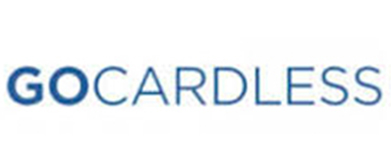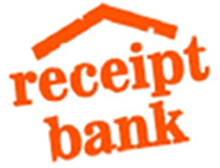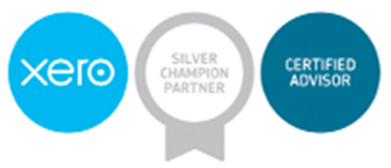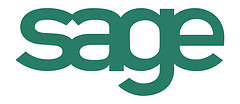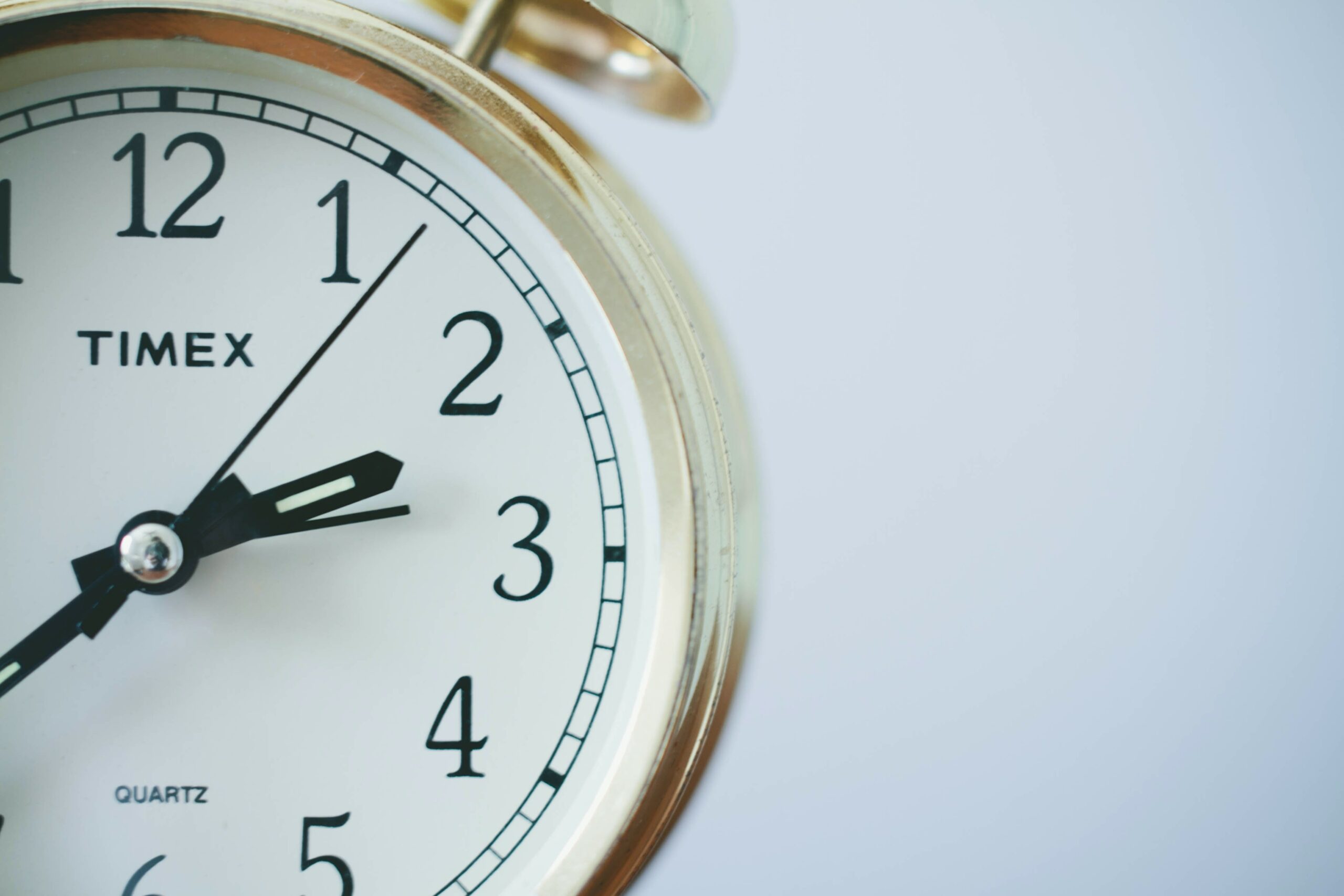
Do I have to file a self-assessment tax return? | 3 minute read
Whether you are self-employed as a sole trader and earned more than £1000 or you are a partner in a business, you must file a tax return to HMRC.
A self-assessment form is a different type of tax, which is designed to allow individuals to submit payments for tax based on the income they have earned. It is different to the PAYE tax system, where an employer will submit PAYE tax to HMRC and manage your tax for you.
Get A Free Quote
We believe in working with our clients to make accountancy services easy. Get year-end accounts, CT600 corporation tax, payroll, bookkeeping and management accounts made easy.
What is a self-assessment form?
Allowing individuals to submit payments for tax on income earned that they are yet to make contributions for, a self-assessment form is used to calculate how much tax you owe from the earnings you declare on the form.
Who Is liable to file a Self-Assessment Return?
Anyone that is self-employed is liable to complete a self-assessment return, including directors, freelances, contractors and any other type of sole trader. Ultimately, if you earn money through your own business, you are liable to pay tax on your earnings.
However, it’s not just self-employed workers that are liable to submit a self-assessment form as the following individuals that meet the following criteria may also be required to submit a tax return:
- Income from property
- Sale of Assets
- Unregistered tips and commission
- Income from savings
- Investment income
- Dividends from businesses
- Overseas income
- Regular income from additional sales
What happens if you fail to submit a tax return?
It’s important that all self-assessments are submitted on time and are as accurate as possible. Failure to submit a tax return can result in a number of serious consequences.
For example, if you are not registered to HMRC as a self-employed worker but are earning income, this is considered as fraud and can result in significant fines and even jail in some cases. The ramifications depend on the severity of the case.
On the other hand, if you registered for self-assessment tax returns but fail to submit your form before the January 31st tax deadline, you will receive a fine which can increase to £900 if you don’t pay it within a 6-month period. If the fine is still not paid within the 6-month timeframe, this can then result in the fine increasing to £1500.
If you are struggling to get to grips with the self-assessment process, you can always contact an accountancy firm to assist you.
Why choose React Accountancy?
Here at React Accountancy, we provide trusted accountancy services to start-up, established and multi-national businesses across a diverse range of industries.
From the moment you get in touch, our approachable, friendly and professional team will go above and beyond to ensure that you receive the right advice, support and accountancy solutions for your business.
All of our team has years of experience in providing accountancy services that support your business including complex financial issues.
Get in touch today for further information about any of our services.
You can reach us on 01914324110 or contact us via email using info@reactaccountancy.co.uk
Get A Free Quote
We believe in working with our clients to make accountancy services easy. Get year-end accounts, CT600 corporation tax, payroll, bookkeeping and management accounts made easy.

